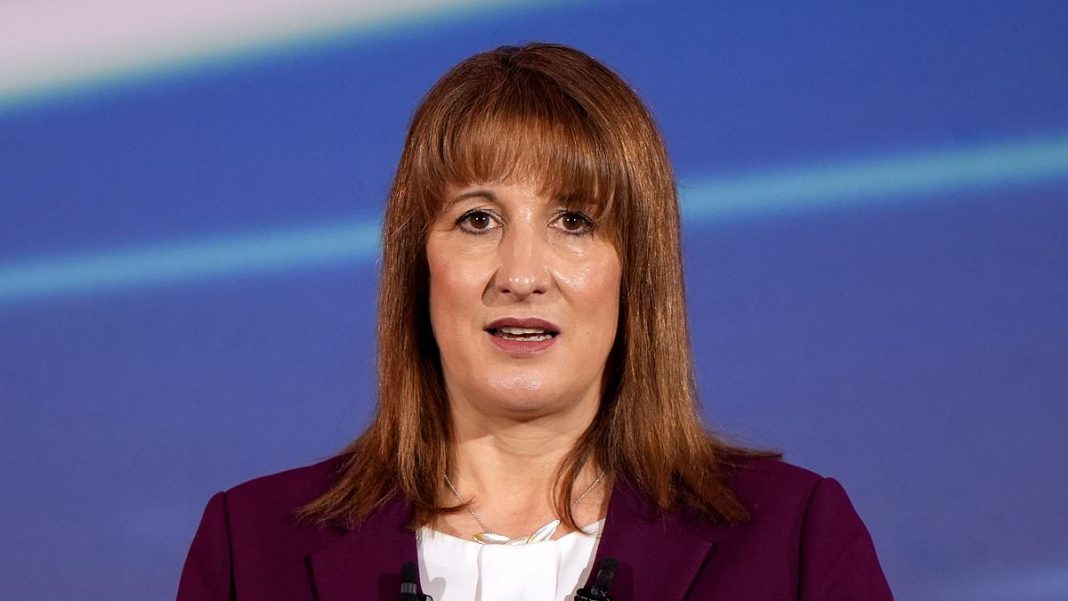Key Takeaways
- EY forecasts UK economic growth will slow to 0.9% in 2026 after 1.5% growth this year
- Tax hikes, trade wars and high interest rates expected to ‘put a brake’ on economic momentum
- Business confidence remains near record lows ahead of Rachel Reeves’ upcoming Budget
A new economic forecast warns that tax increases, global trade tensions and persistently high interest rates will significantly slow UK economic growth over the coming year. The EY ITEM Club predicts growth will drop sharply to just 0.9% in 2026 despite a stronger-than-expected 1.5% expansion this year.
Budget Concerns and Economic Outlook
With Chancellor Rachel Reeves’ second Budget just three weeks away, economists anticipate further punishing tax increases alongside measures to stimulate growth. The autumn forecast comes as the Bank of England prepares its interest rate decision this Thursday.
Matt Swannell, EY ITEM Club’s chief economic adviser, stated: ‘Nevertheless, the combination of potential tax rises, global trade disruption and high interest rates is still anticipated to put a brake on economic momentum and produce modest growth over the next year.’
The Budget is expected to deliver painful tax hikes and spending cuts totaling £30 billion. Meanwhile, trade wars initiated by US President Donald Trump in April continue to weigh on the global economy.
Business Confidence at Record Lows
Latest figures from the Institute of Directors reveal business confidence remains near record lows as leaders ‘expect the worst’ from the upcoming Budget. Companies are still grappling with the impact of Labour’s £25 billion raid on employer National Insurance from last year’s Budget, which has resulted in:
- Fewer job opportunities
- Higher consumer prices
- Reduced wage growth
Additional concerns include business rate reforms threatening larger High Street stores, minimum wage increases driving up costs, and the government’s workers’ rights bill potentially adding more red tape.
Future Economic Challenges
The darkening picture for public finances has raised fears of fresh tax raids on companies. There are also concerns the Chancellor may increase income taxes, breaching Labour’s manifesto promises, which would further damage consumer spending power and hurt businesses.
Economic momentum is predicted to slow toward year-end due to ‘the combined effects of a fragile global economy, tighter fiscal policy and reduced consumer spending power.’





